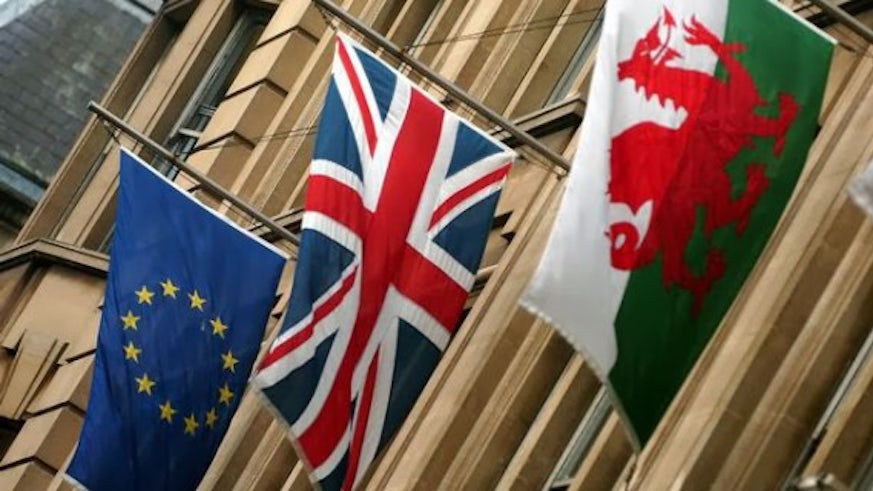Report examines Ireland-Wales Cooperation Programme
9 September 2020

A new report from Cardiff University’s Wales Governance Centre analyses the value of the Ireland-Wales cooperation programme.
The policy report by Dr Giada Lagana and Professor Daniel Wincott is relevant to debates taking place in the United Kingdom on the future of EU Structural Funds and the Shared Prosperity Fund (SPF). The SPF was first mooted in the 2017 Conservative general election manifesto and it is intended to replace EU Structural Funds, which are worth about £2.1 billion per year. This fund is intended to reduce inequality between communities across the four countries of the UK and to deliver sustainable and inclusive growth, from early 2021 onwards. However, with time running short, there is still no clarity on the design of the SPF.
The SPF would be particularly important for the Welsh Government, since Wales has been receiving around £370 million a year in EU structural funds. Among the initiatives implemented in this framework, the cross-border programme operating in the Republic of Ireland and Wales since the year 2007 - the ‘Ireland-Wales Cooperation Programme’ or the ‘Interreg Ireland-Wales’ programme – has provided a framework for organisations in the cross-border area to actively cooperate to address challenges and shared priorities on both sides of the Irish Sea.
Despite its relatively small size, the programme has actively contributed to the economic and sustainable development of Ireland and Wales. Furthermore, the evolution of Ireland-Wales cross-border cooperation under the aegis of Interreg has proved essential to build and strengthen partnership across the Irish Sea and to the empowerment of policy networks participation in public policymaking.
Despite its achievements, the future of the Interreg Ireland-Wales’ programme is uncertain. Whatever the challenges, the Welsh Government has been clear that leaving the EU does not mean turning the back on its partners in Europe. Indeed, it is argued that Brexit strengthens the need for Wales to demonstrate its effectiveness and reliability as a partner, collaborating not just in the UK and the EU, but across the world to achieve common goals.
The authors of the report have therefore investigated whether the cross-border nature of the programme has delivered any added value from a political perspective. The research, by drawing on a comprehensive qualitative document analysis, crossed with semi-structured qualitative interviews with representatives of the local, the national, the European, the transnational and the non-governmental level, underscores the need for greater public awareness of the Ireland-Wales Cooperation Programme as an essential tool for development, cohesion and cooperation across the Irish Sea.